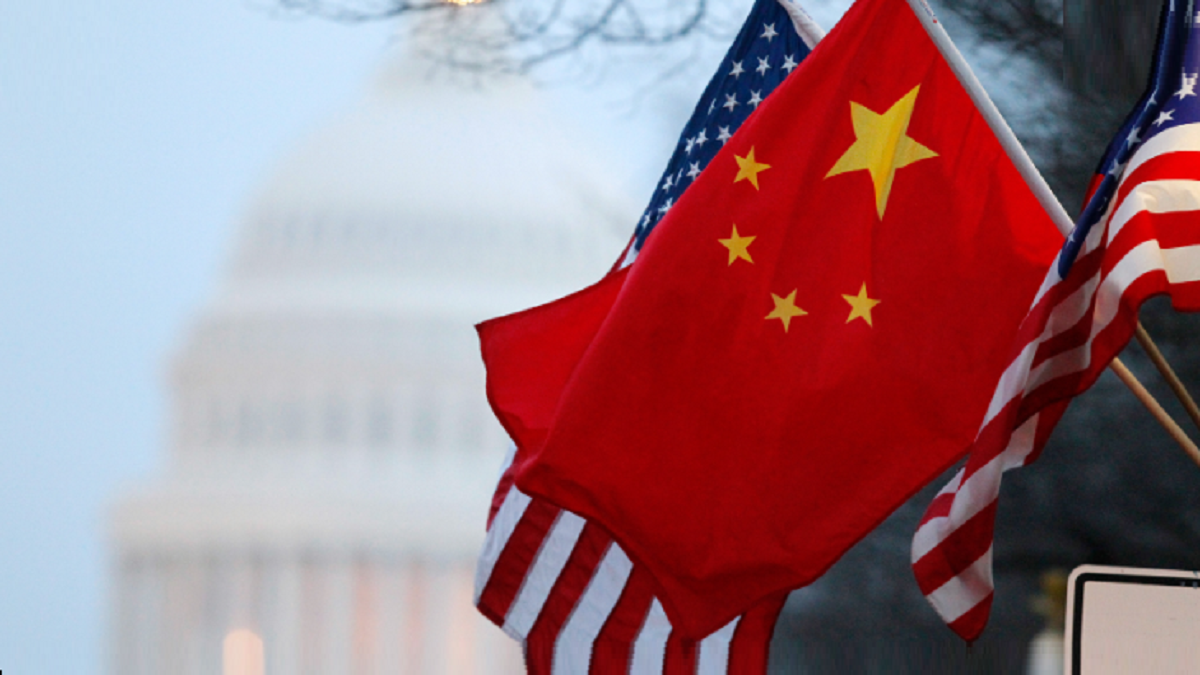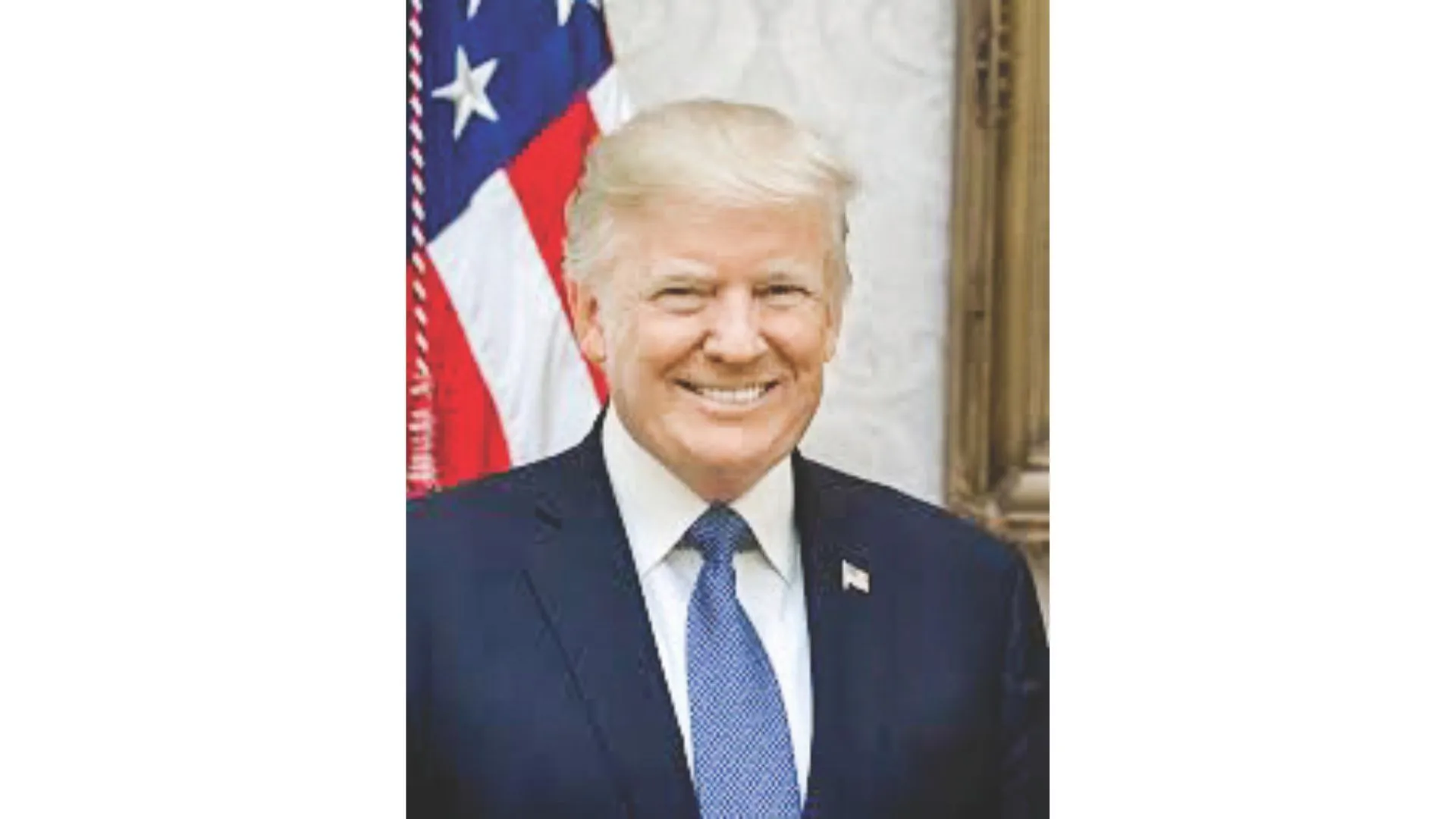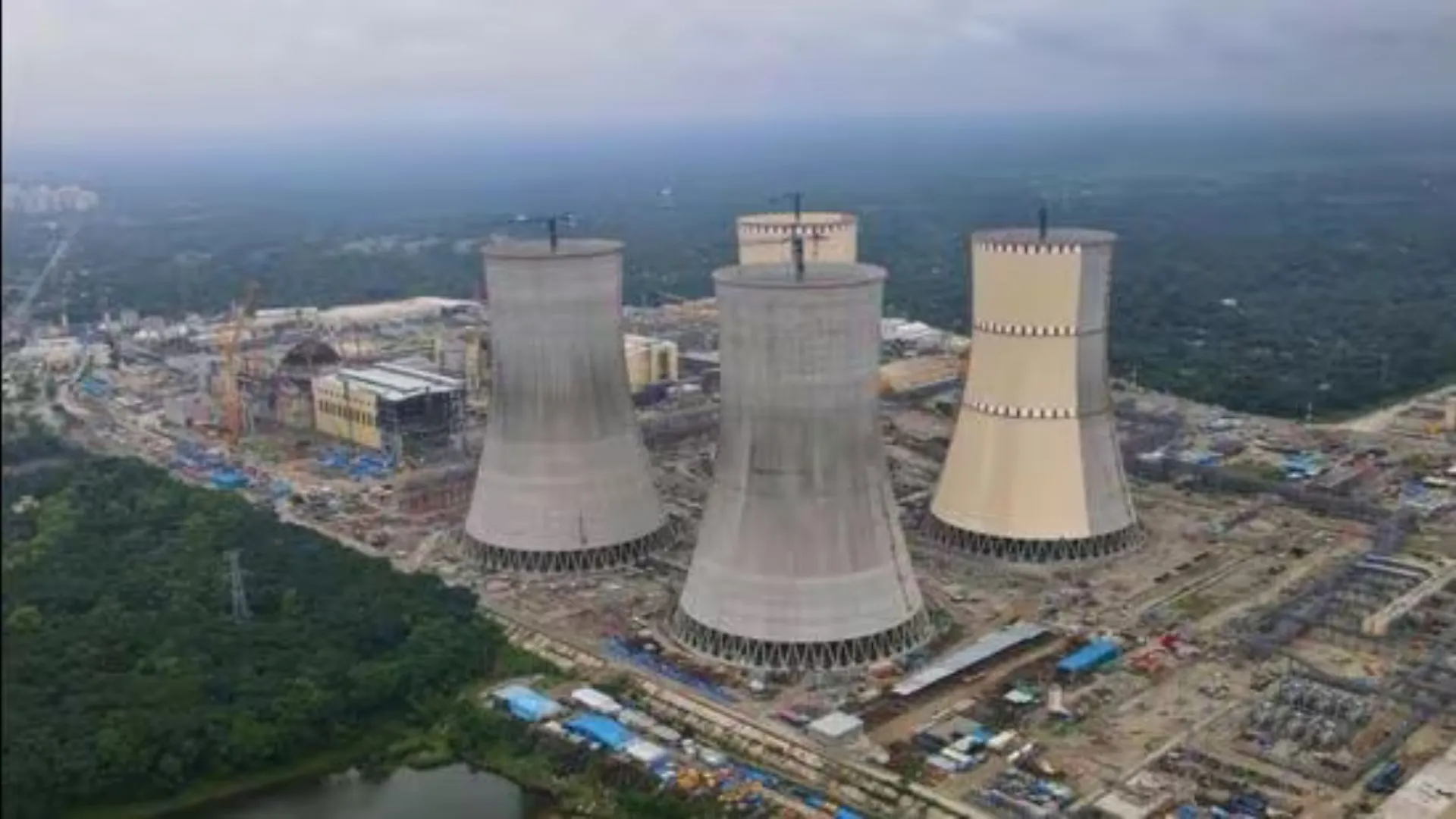Beijing and Washington, already at loggerheads over rising trade rifts to human rights issues in Hong Kong, Tibet and Xinjiang, resulting in the US sanctions against Chinese officials, are not ready to mend fences. Particularly the US administration, currently facing the presidential election heat, will not mend ties with China as a strategic tool. In fact, a tough stand against China will give President Donald Trump-led Republicans some “saving” points against the Democrats, against whom the former was losing on the issue of Covid-19, say diplomats and strategic affairs experts in DC think tanks.
Perhaps a virtual China-US war is already working in the background. US Secretary of State Mike Pompeo’s recent statement echoing a tough stand against Beijing over its “arbitrary expansion in the South China Sea” to the new sanctions strategy imposed to keep the Dragon on a tight leash to positioning three best aircraft carriers in the Indo-Pacific waters to doing regular air sorties with Taiwan, which is to frustrate Beijing’s dream and claims of being a regional superpower — these are nothing but dragging the world to a near war in the South China Sea. Beijing needs to reassess its strategies in the South China Sea as it is set to be the new flashpoint.
The trigger could be the rising friction between China and the regional ASEAN countries as the US will come to aid of its ally, eventually making it a battle between Beijing and Washington, something even the ASEAN countries are cautious about in the long run. It is a fact that if there is a maritime clash of China with rival claimants — Vietnam, Malaysia or the Philippines — the US will have an excuse to step in, and that could trigger a direct military conflict between China and the US. The South China Sea has been simmering for a while and even as the US and the world were battling corona in the first stage in early March, China had already started troubling Vietnam and Indonesia with aggressive intrusion and harassment in waters. The US, which has been watching China’s strong defiance in the region and occasional triggers to challenge Washington’s sea supremacy, have got a reason to employ a tougher approach against China.
If one reads what David Stilwell, US Assistant Secretary of State for East Asia, said recently, the US is going to get tougher than earlier against China. At a conference organised by the Center for Strategic and International Studies (CSIS), Stillwell said: “There is room (more sanctions) for that. This is a language the Chinese understand — demonstrative and tangible action.” The tough sanction approach by the US is to check China’s expanding footprint in the maritime region, which is rich in mineral deposits, seafood, strategic sea lanes, and untapped oil. Beijing’s behaviour in the South China Sea, which includes strong-arm tactics against neighbours and arbitrary expansion, flouting all international treaties and diplomatic norms are a big irritant for Capitol Hill policy makers. No wonder, the Trump administration has started flexing its military muscle in the strategic waterway and pressing its regional partners and allies to take a stronger stand against China.
Beijing needs to improve its relations with its neighbours to avoid any further confrontation with ASEAN powers disputing its claims in the South China Sea and threatening to drag the Dragon to the International Court of Justice in The Hague. Beijing should not miscalculate what it did last month in a bloodied LAC clash with New Delhi in Galwan Valley in Ladakh region of India, which not only made China take a heavy casualty, but also galvanised the world to stand by India’s side against China. A similar situation in the South China Sea and the Indo-Pacific region, which is most possible in current conditions, is something China can’t afford.













